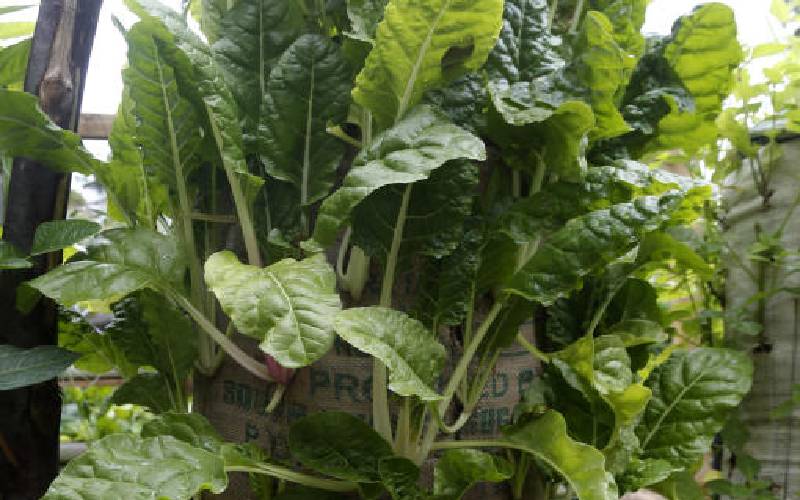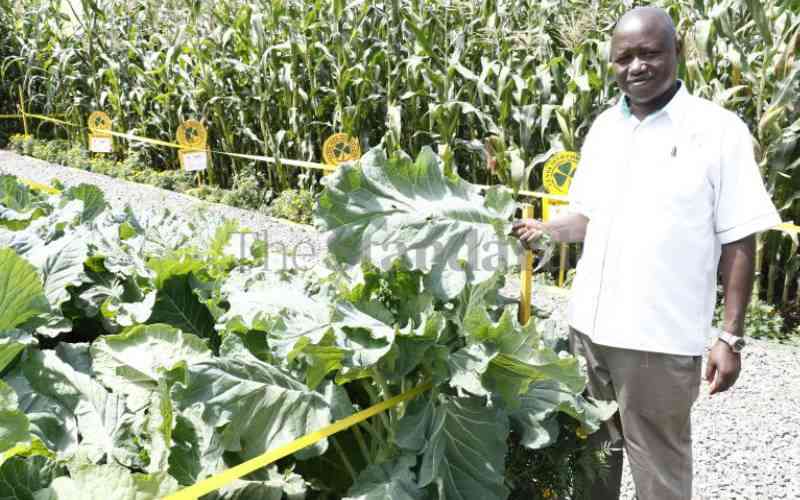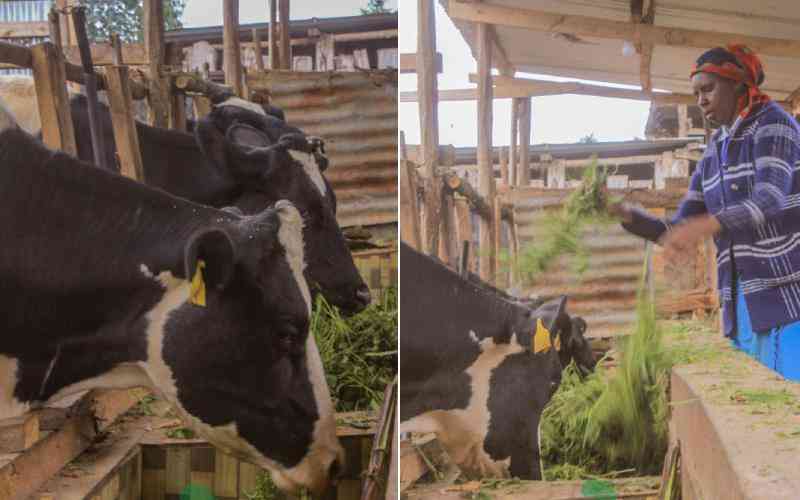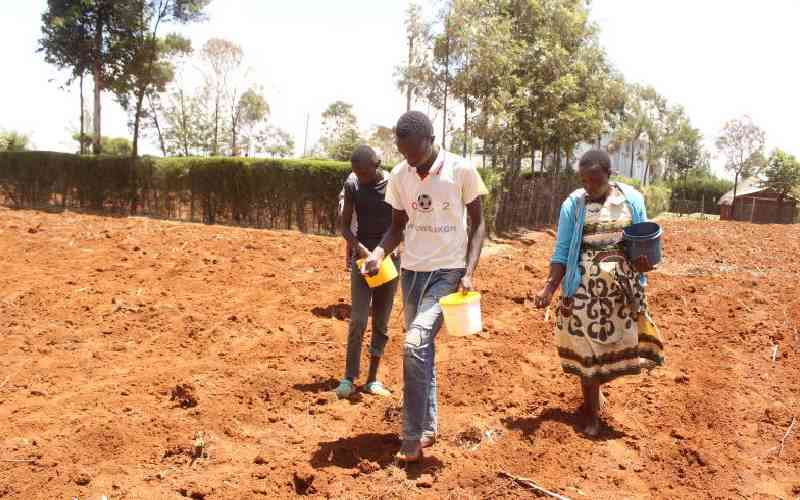A country that cannot feed its people does not deserve to be called a nation. Unfortunately, that is the situation Kenya finds itself in today amid a looming maize shortage. In light of this development, it is not surprising that Cabinet Secretary for Agriculture Mwangi Kiunjuri advocates the importation of maize to forestall a biting shortage.
But he, more than anyone else, knows just too well our limitation as a nation to produce the critical cereals. He—and indeed the entire Government of President Uhuru Kenyatta—ought to do some serious soul-searching.
It is not just maize (Kiunjuri wants 12.5 million bags the cereal imported) that is in short supply; it is virtually every kind of food. Last year, official data showed that Kenya spent Sh174.9 billion on importation of food and beverages.
This was a two-fold increase compared to Sh53.6 billion the country spent a decade earlier on food imports. Kenya has been sliding down the food security rankings, thanks to the Government’s neglect of the agricultural sector.
It is sad, though, that more than 50 years after independence, Kenyans are still importing products such as milk, rice, tomatoes and onions due to misplaced priorities and outright thievery.
Agriculture, for long touted as the backbone of our economy, has been abandoned. Poor pay and drudgery have conspired to make many of our youth abandon the farms, opting to search for jobs in job-deficient factories.
Those who continue to toil on the farms are the old people who, seemingly, have reached their wits’ end. Returns on farm produce are poor. Maize farmers, for example, were selling their produce at losses for the better part of last year.
Rather than concentrate on locally produced food to feed its growing population, the Government has shifted focus overseas. Thus, for every 100 bags of wheat, rice and maize consumed in the country, 37 are imported.
Our level of import dependency, known as Imports Dependency Ratio (IDR), is getting worse. The same cannot be said of our neighbours. According to figures by the United Nation’s Food and Agriculture Organisation Uganda, Ethiopia, Tanzania and Rwanda have lower cereal imports dependency ratios. This means that most of their supplies of maize, wheat, rice and other cereals are produced locally.
With a three-year average of 32.7 per cent between 2011 and 2013, Kenya has the highest cereals IDR, higher than Africa’s average of 28.9 per cent.
Ethiopia’s dependence on imported cereals is at seven per cent, Uganda is at 8.6 per cent, Tanzania stands at 12.2 per cent and Rwanda at 32.5 per cent. To agricultural experts, sufficient supply of cereals is an indicator of food security in a country.
We need to reclaim our agricultural sector. Like everything else in this country, integrity should be our starting point. Let us not kill the morale of farmers with unnecessary imports. It does not make sense for us to import sea-food when we have sea waters to exploit.
There is no reason to import tomatoes when ours are rotting in the farms. If we are using taxpayer’s money to build dams and irrigation projects, it is logical that they should expect better yields.
Let us protect our farmers from exploitation. We need to streamline the distribution channels so that there are fewer individuals standing between the farmer and producer.
Stay informed. Subscribe to our newsletter
Farmers do not need to be supported with just better seeds; they also need to be empowered on how to use them. Knowledge is just as important as agricultural inputs like seeds and fertiliser.
Otherwise, the quantity of fertiliser we have applied, which is more than what our peers in the region have used, should count for something. It doesn't.
We commend the President for prioritising food security as part of his Big Four Agenda. But more needs to be done to ensure that the project becomes a success. Kenyans hope the food security pillar will not turn out to be a white elephant project like the dams scattered all over the country.
 The Standard Group Plc is a
multi-media organization with investments in media platforms spanning newspaper
print operations, television, radio broadcasting, digital and online services. The
Standard Group is recognized as a leading multi-media house in Kenya with a key
influence in matters of national and international interest.
The Standard Group Plc is a
multi-media organization with investments in media platforms spanning newspaper
print operations, television, radio broadcasting, digital and online services. The
Standard Group is recognized as a leading multi-media house in Kenya with a key
influence in matters of national and international interest.
 The Standard Group Plc is a
multi-media organization with investments in media platforms spanning newspaper
print operations, television, radio broadcasting, digital and online services. The
Standard Group is recognized as a leading multi-media house in Kenya with a key
influence in matters of national and international interest.
The Standard Group Plc is a
multi-media organization with investments in media platforms spanning newspaper
print operations, television, radio broadcasting, digital and online services. The
Standard Group is recognized as a leading multi-media house in Kenya with a key
influence in matters of national and international interest.









